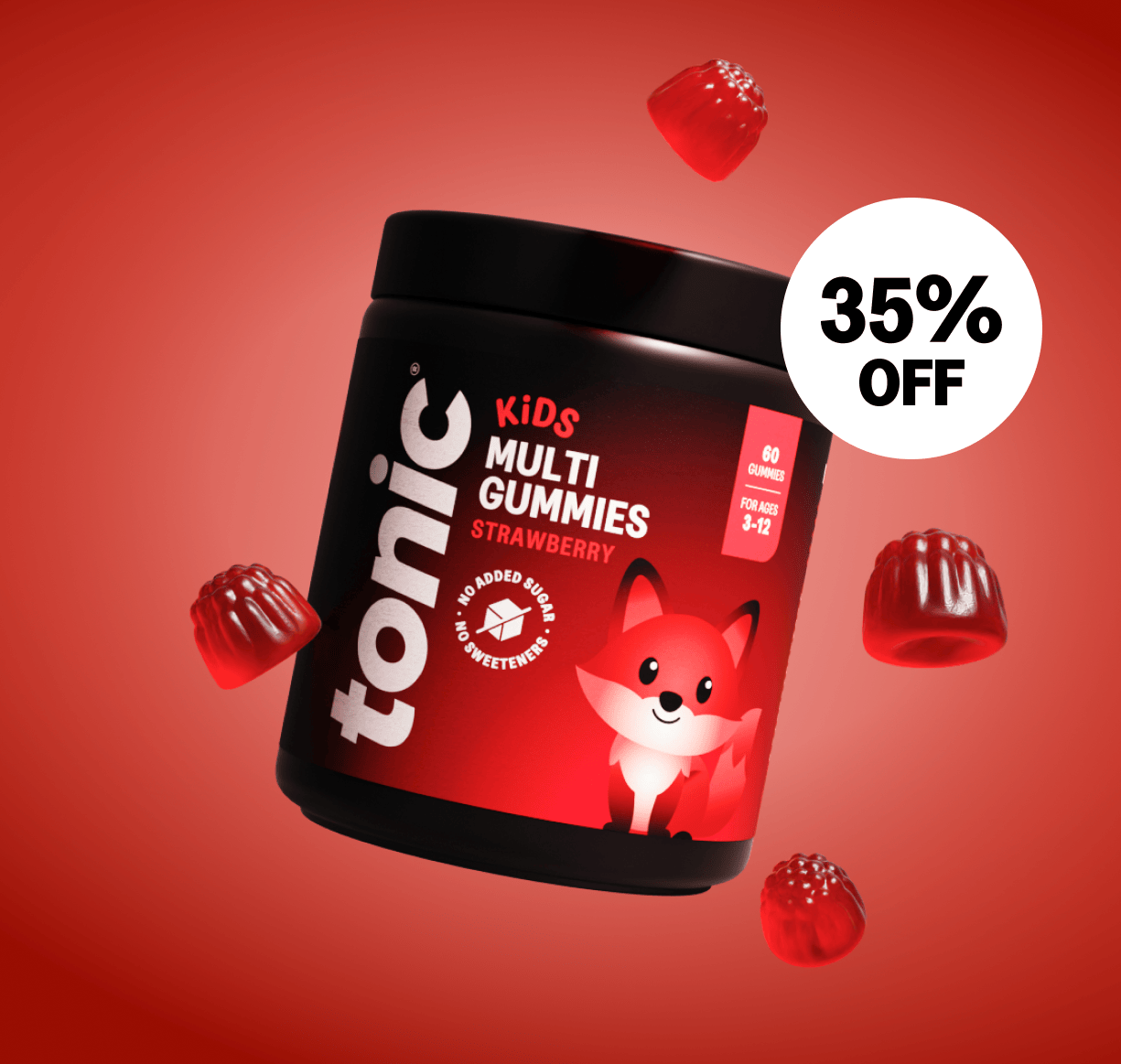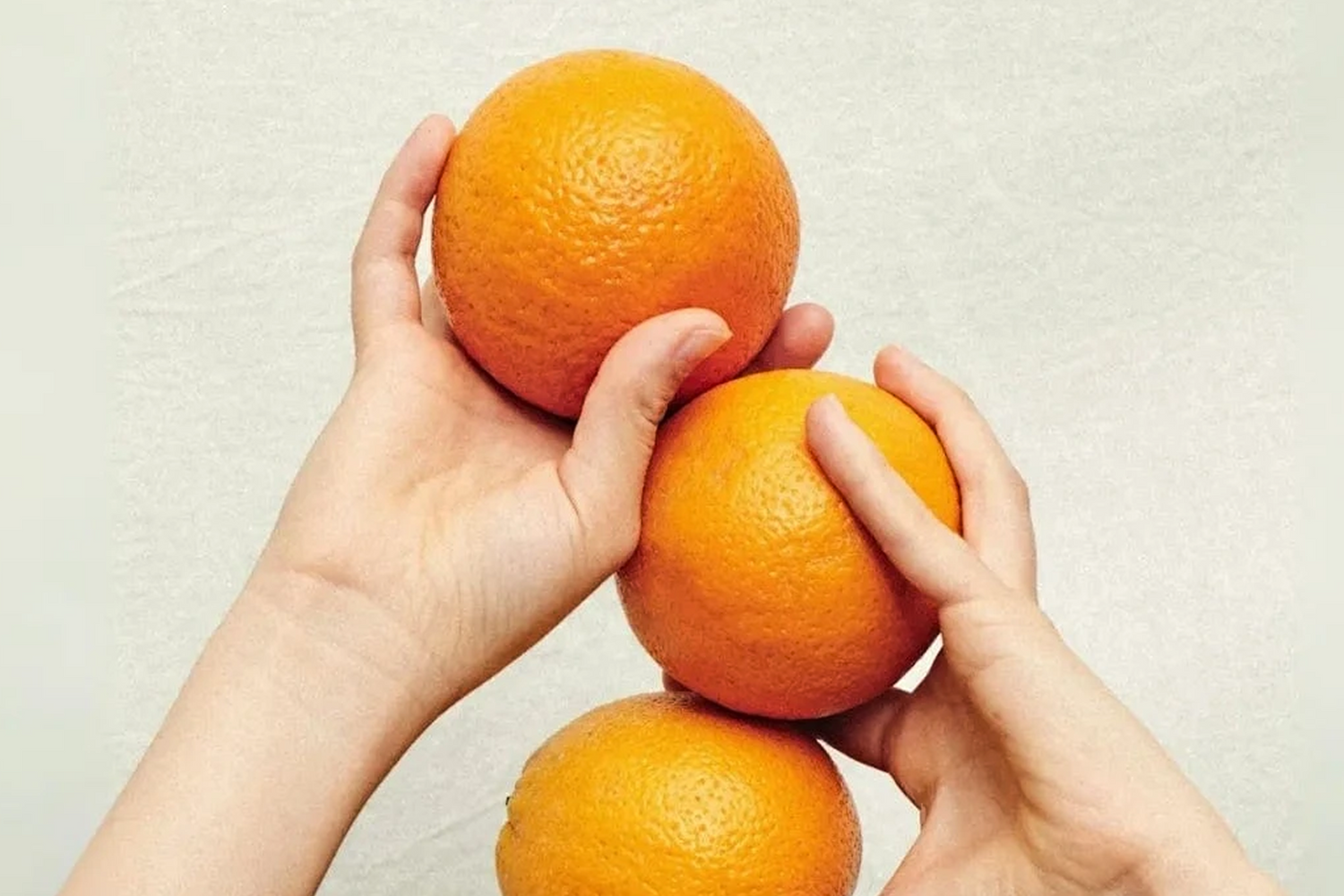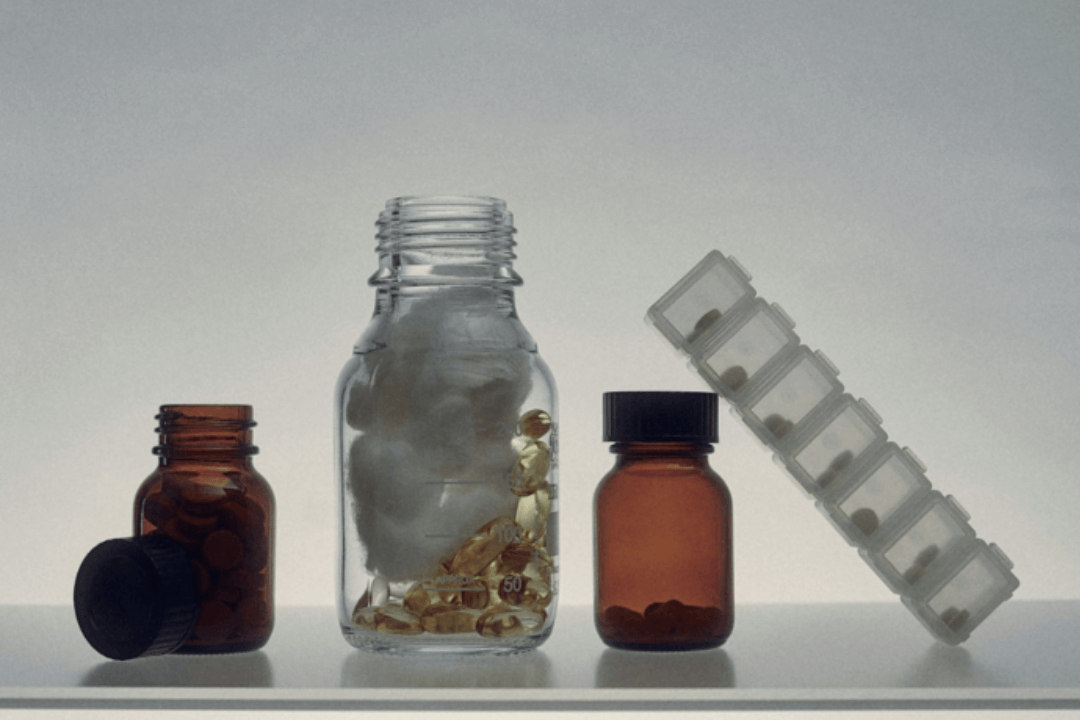When most people think of vitamin C, they picture oranges, Tonic Immunity + Vitality drinks, or the go-to remedy for a cold. But this humble vitamin has a much bigger role to play, every single day of the year.
Vitamin C, also known as ascorbic acid, is essential to the body in ways many of us don’t realise. It’s a multitasking vitamin: building and repairing tissues, supporting blood vessel strength, helping us handle stress, and acting as a powerful antioxidant. It doesn’t just protect us from colds, it protects our entire system from daily wear and tear.
Let’s unpack the many reasons vitamin C deserves a permanent place in your routine (it’s certainly got one in mine!), whether it’s summer or winter, whether you’re feeling run-down or full of energy.
Your body can’t make it, and you lose it easily
Unlike most animals, humans can’t make their own vitamin C. Somewhere in our evolutionary past, we lost the ability to produce it, so we rely entirely on food (and sometimes supplements) to get enough each and every day.
To make things trickier, vitamin C is water-soluble, which means it dissolves in water and doesn’t get stored in the body like fat-soluble vitamins (such as A, D, E, and K). Any excess is quickly lost through urine, especially during times of stress, illness, or exposure to environmental toxins.
So even if you had lots of vitamin C-rich foods yesterday, that doesn’t guarantee your levels are topped up today. We have to replenish vitamin C daily to keep our body’s systems running smoothly.
Quick history detour… why scurvy was a killer
To understand how vital vitamin C really is, look no further than scurvy: a disease that wiped out thousands of sailors in the 16th to 18th centuries. Months at sea without fresh fruit or vegetables led to bleeding gums, joint pain, fatigue, poor wound healing, and eventually death. All caused by a complete lack of vitamin C.
It wasn’t until a British naval surgeon ran one of the first ever clinical trials in 1747 that the link between citrus fruit and scurvy prevention was made. This discovery didn’t just save lives, it cemented vitamin C’s status as a critical nutrient for human health. (It’s also why the Americans gave us the nickname ‘Limeys’. They didn’t believe handing out lemons and limes really made a difference – more fool them!)
Although true scurvy is rare in the 21st century, the cost of living crisis, malnutrition, and certain medical interventions have led to a resurgence of scurvy cases. Low-grade deficiency is also surprisingly common, especially among individuals with restrictive diets, chronic illnesses, or high stress levels.
So, what role does vitamin C really play that makes it so important? And what bodily systems are affected when vitamin C is low?
Collagen: the structural superpower
One of vitamin C’s best-known (but often underestimated) roles is in the production of collagen, a structural protein that holds your body together. Think of collagen as scaffolding for your skin, blood vessels, joints, bones, and even your gut lining.
Vitamin C is needed to activate two amino acids, proline and lysine, which are crucial for forming strong, stable collagen. Without sufficient vitamin C, this process stalls, and signs of deficiency begin to appear, including weak connective tissue, poor wound healing, bleeding gums, and even easy bruising.
Supporting collagen isn’t just about vanity or anti-ageing—it’s about helping your body repair and maintain itself from the inside out.
Immunity: everyday defence
Yes, vitamin C plays a big role in immunity, but it’s not a quick fix for sniffles. Instead, it helps your immune system function intelligently.
Vitamin C supports the activity of white blood cells, your body’s internal defence squad. It helps them reach infection sites, neutralise pathogens, and then safely shut down the response when the job’s done.
It also boosts the production of antibodies and reduces damage from inflammation by acting as a potent antioxidant, protecting cells from free radical damage during an immune response.
In other words, it maintains your immune system's balance, efficiency, and reduces its tendency to overreact.

Blood vessel health: more than just heart support
Vitamin C is essential for maintaining the integrity of your blood vessels—from the largest arteries to the tiniest capillaries. It supports collagen formation in vessel walls, which keeps them strong and flexible, and also protects them from oxidative stress—damage caused by unstable molecules called free radicals.
Studies suggest that vitamin C helps improve endothelial function (the inner lining of blood vessels), which plays a key role in regulating blood pressure and reducing the risk of cardiovascular disease.
It also helps regenerate vitamin E, another antioxidant that protects fats in your blood from being oxidised—a key factor in the development of atherosclerosis (the build-up of plaque in arteries).
Stress test: adrenal health and resilience
Did you know your adrenal glands, those small organs that sit on top of your kidneys like hats, store some of the highest concentration of vitamin C in the body?
That’s because vitamin C is used in the production of stress hormones like adrenaline and cortisol. When you’re under physical or emotional stress, your adrenal glands use up vitamin C quickly.
This is why people who are chronically stressed may feel fatigued, low in mood, or more prone to illness—all signs that their reserves might be running low.
Supporting your stress response means ensuring you’re not running on empty and vitamin C is a vital part of that process.
Food and supplements have their place
You can find vitamin C in a wide range of colourful fruits and vegetables, including:
- Kiwi
- Strawberries
- Bell peppers
- Broccoli
- Kale
- Parsley
- Cauliflower
- Brussel sprouts
- Bananas
- Citrus fruits
But because vitamin C is sensitive to heat, light, and oxygen, much of it can be lost in cooking or long storage. And as we’ve seen, stress, illness, and age can increase your need for it – and that’s where supplementation can help.
Here’s a quick breakdown of common forms:
- Ascorbic acid: the standard form, widely available and affordable like in our Immunity + Vitality and Energy + Hydration drinks
- Buffered vitamin C (e.g. calcium or magnesium ascorbate): gentler on the stomach
- Liposomal vitamin C: encapsulated in fat-like particles to improve absorption
- Ester-C: a form that may stay longer in white blood cells and cause fewer digestive issues
Which one you choose depends on your needs. A standard form may be fine for daily maintenance, while liposomal or buffered versions may suit those with digestive sensitivity or higher demands.
The bottom line
What’s clear is that vitamin C is far more than a seasonal cold-fighter. It’s a structural builder, immune supporter, antioxidant defender, and stress-buffering ally.
And because we can’t produce it ourselves and lose it easily, we need to be proactive about keeping levels topped up through a balanced diet and, if needed, supplements.
Get 1,000mg of Vitamin C in our Immunity + Vitality drink.
Get 600mg of Vitamin C in our Energy + Hydration drink.








Leave a comment
All comments are moderated before being published.
This site is protected by hCaptcha and the hCaptcha Privacy Policy and Terms of Service apply.